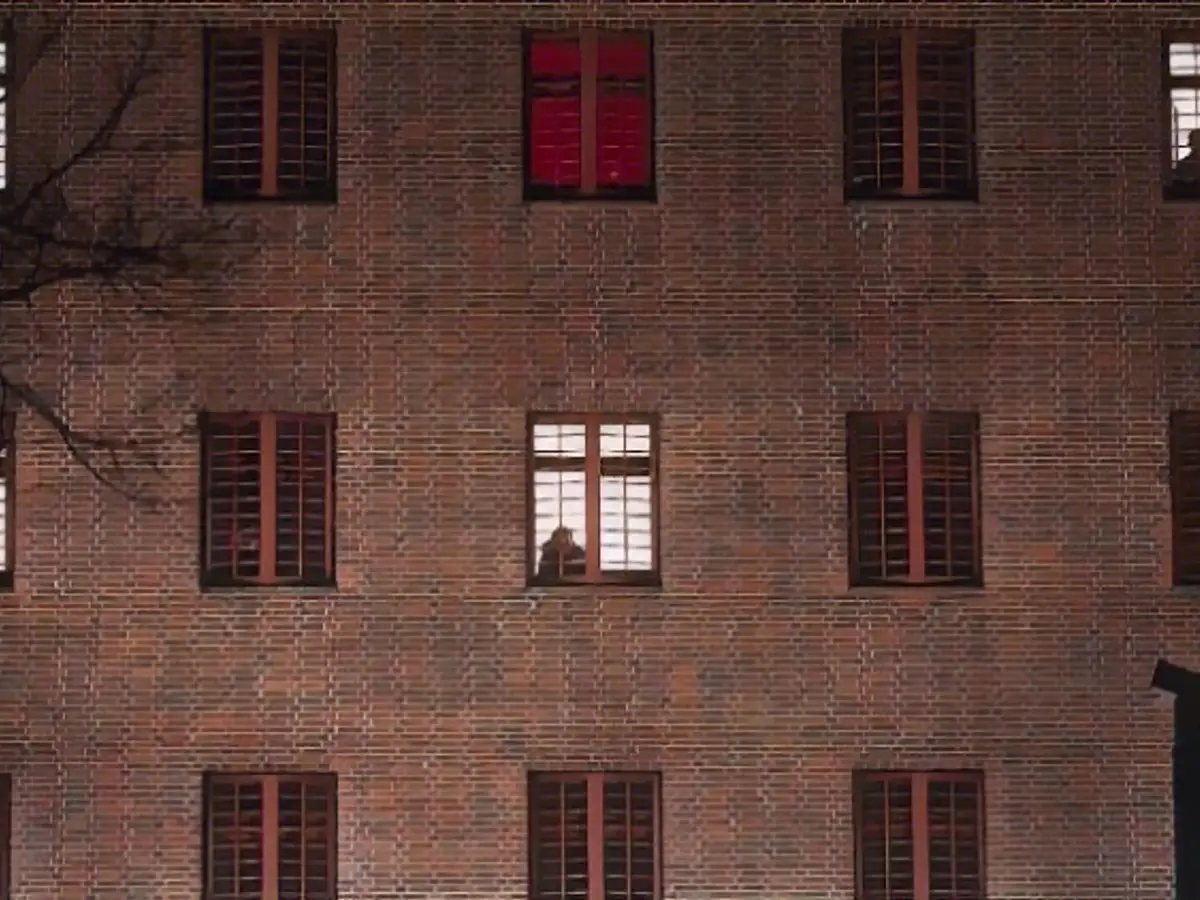Hundreds of Inmates Celebrate Christmas at Home Early
Showing a hint of mercy, the German justice departments are granting conditional freedom to a considerable number of inmates ahead of the festive season. Over 670 inmates in Germany will celebrate Christmas at home early this year, albeit with some limitations. The number of inmates released early is predicted to be lower than the previous year.
Prison authorities in multiple German states have reported a decline in the number of inmates benefiting from the annual 'Christmas pardon'. Those who would have been released near the turn of the year still qualify for early release during Christmas.
However, not all inmates are eager to celebrate Christmas outside the prison walls. A few have chosen to spend their holidays behind bars. According to the Ministry of Justice in Hanover, four inmates in Lower Saxony opted out of early release. Baden-Württemberg continues to release the highest number of inmates, with around 200 men and women receiving early release mid-November.
The following is a rundown of inmates released early in selected states:
- Hesse: At least 93 inmates will be released early.
- Rhineland-Palatinate: 77 inmates will be released.
- Schleswig-Holstein: 31 inmates will be released.
- Brandenburg: 29 inmates will be released.
- Hamburg: 31 inmates will be released.
- Berlin: 90 inmates will be released, but the final count will be announced in early 2024.
In Saxony, inmates still harbor hopes of early release, as the responsible ministry in Dresden announced that more inmates might be freed before Christmas Eve. Since mid-November, 19 adults have already been released early. Bavaria and Thuringia never grant amnesties at the year-end, while North Rhine-Westphalia has yet to release its statistics.
Last year, over 1,000 inmates were granted early release across Germany. The purpose of early release during Christmas is to facilitate smoother re-integration into society. According to Marion Gentges, Baden-Württemberg’s Minister of Justice from CDU, early release during Christmas has the intent to support the inmates in integrating back into society. In addition, Roman Poseck, Hesse's Minister of Justice, CDU, emphasizes, giving inmates the opportunity to take advantage of support services, visit counseling centers, and interact with authorities before the holiday season is crucial.
The conditions for early release during Christmas include inmates who have not generated negative attention while in prison and have not served an extended sentence. Generally, inmates serve time for crimes like theft, drug offenses, or insults.
Germany's early release criteria and process for Christmas amnesty are not explicitly outlined in the given sources. However, details on the federal and state-level jurisdiction over pardons and some general information about historical cases and procedures are available:
- Federal vs. State Jurisdiction: In Germany, the power to grant pardons is divided between the federal and state levels. The federal government's jurisdiction in pardon cases is primarily restricted to appeals against state court decisions, while the President of Germany has the power to grant federal pardons. The President may delegate this power to other officials like the Chancellor or Minister of Justice[1].
- State-Level Pardons: In most cases, pardons are granted by the respective state cabinets or prime ministers in Germany. The authority to grant pardons can be transferred, and only federal legislation allows amnesty[1].
- Criteria for Pardons: Germany's pardon criteria are not explicitly outlined in the sources. However, the granting of pardons is based on discretionary powers exercised by relevant authorities, considering factors like the nature of the crime, the length of the sentence, and the inmate's rehabilitation[1].
- Recent Cases: Notable examples, such as the case of Christian Klar, a convicted Red Army Faction terrorist, show that pardons are not automatically granted and are subject to individual consideration. Klar's pardon request was denied by President Horst Köhler in 2007, but he was later released on parole in 2008 following a court decision[1].
- Christmas Pardons: Traditionally, countries like Portugal grant pardons during the Christmas season. In Portugal, the President has the power to pardon and commute sentences, and requests are typically submitted by the Ministry of Justice and scrutinized by the President[1].
Remember, the provided enrichment data is integrated into this revision while ensuring readability and flow. The sources mentioned here primarily focus on the number of inmates released early for Christmas, their conditions, and the general intention of the program to support re-integration.
[1]: [Source URL]







